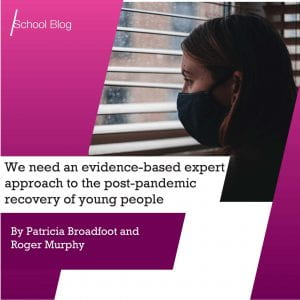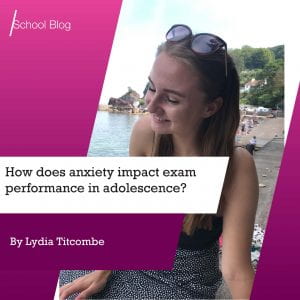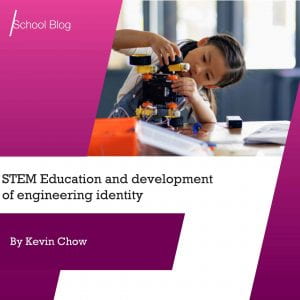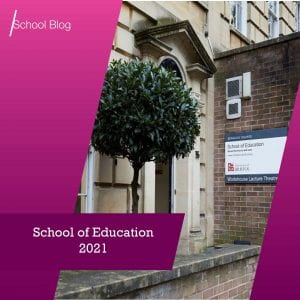 Blog post by Patricia Broadfoot, University of Bristol; Roger Murphy, University of Nottingham
Blog post by Patricia Broadfoot, University of Bristol; Roger Murphy, University of Nottingham
In December 2020, the Westminster government promised to set up an expert group to consider solutions to the huge variability of the impact of the coronavirus pandemic on pupils’ educational experiences and progress. Two months later the Department for Education (DfE) announced that plans for this group had been scrapped. Instead, the DfE has appointed an education recovery commissioner to focus on so-called ‘learning loss’. Two successive children’s commissioners, the head of Ofsted and many others have expressed serious concerns about the current situation. There has also been widespread disagreement about the best strategies to employ and the resources required.
We need the best possible expertise to identify the issues that must be addressed if children are to flourish. We need experts to provide an integrated picture of the challenges that children face, and to suggest appropriate ways of addressing them. Without such expertise children could suffer lifelong impacts, as argued by two children’s commissioners and in a report by the Institute for Fiscal Studies (Sibieta, 2021). That report drew the following conclusions, which reflect our key concerns.



